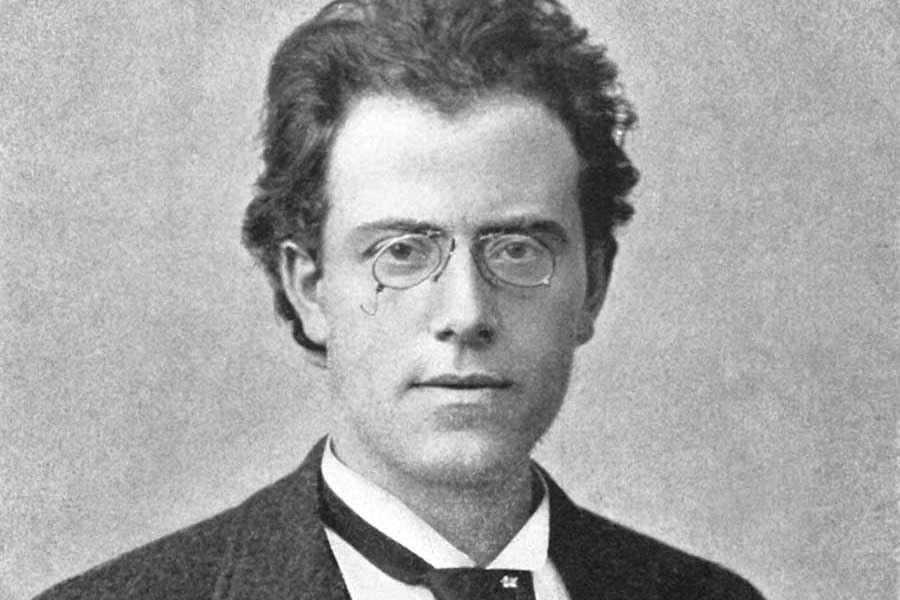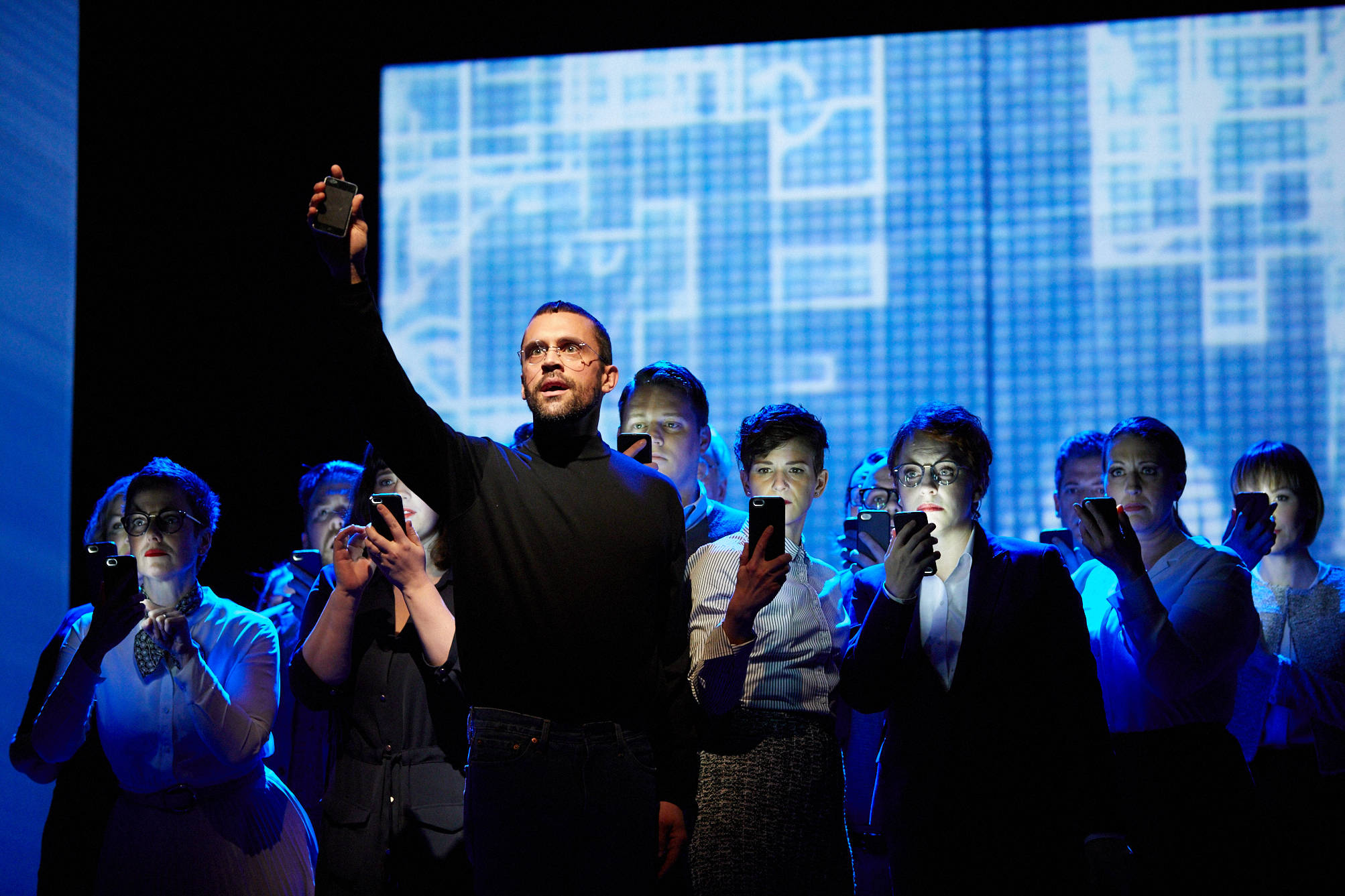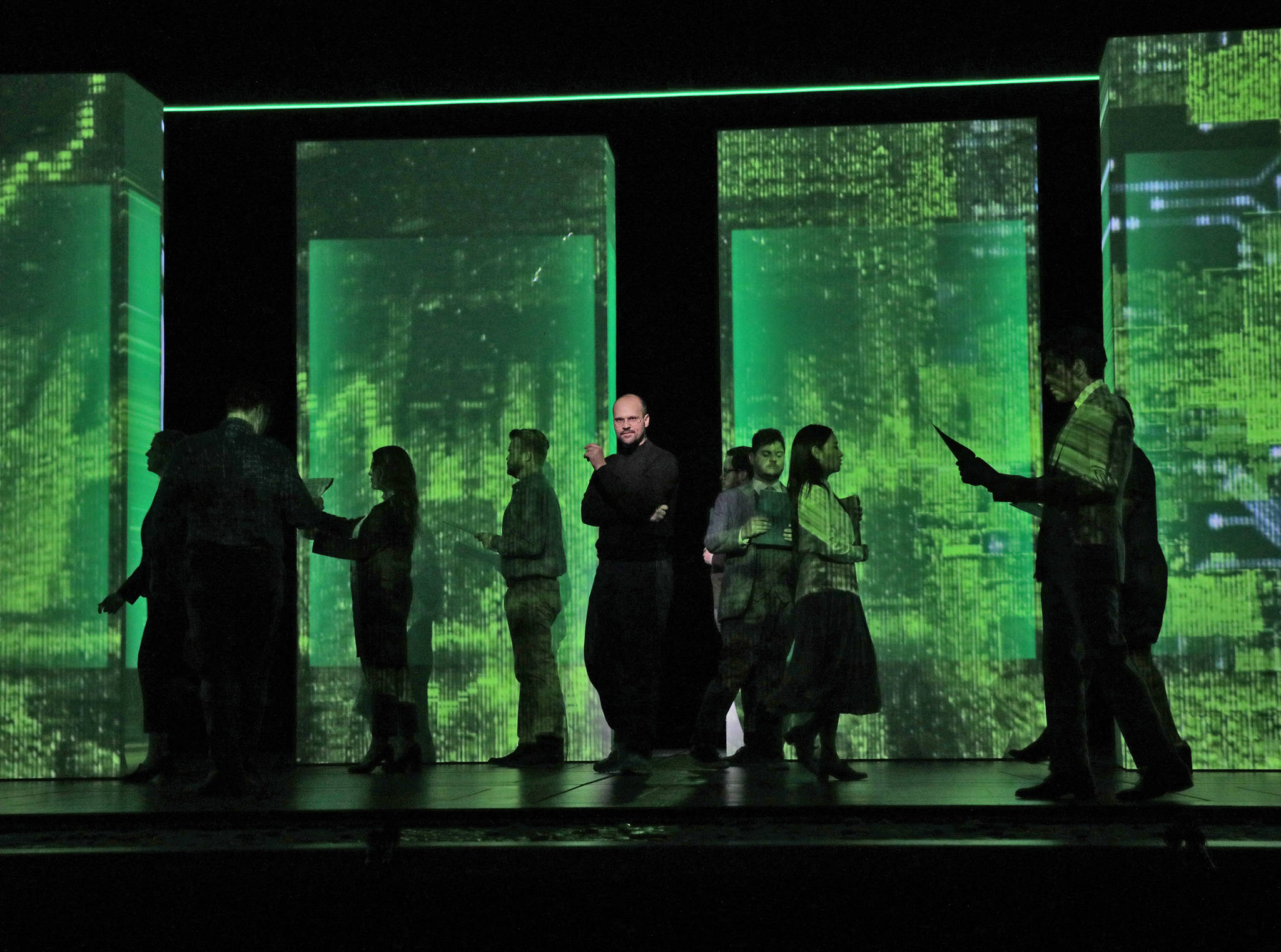At 98 minutes or so, Gustav Mahler’s six-movement Third Symphony (1896) is not only his longest, but the longest symphony in the standard repertory. With philosophical and metaphysical ambitions to match its length—“It begins with inanimate nature and ascends to the love of God,” Mahler said of it—it requires a children’s choir, a women’s choir, and an alto soloist in addition to an immense orchestra. It’s the kind of piece that one would reasonably think is within reach only of professional orchestras.
But for 21 years, the Northwest Mahler Festival has proven otherwise, providing volunteer musicians from the area’s wealth of community orchestras an opportunity to tackle the works of Mahler and similarly imposing symphonic monuments. Founded in 1995 by Dan Weiss—professor of pulmonary medicine by day, bass player by night—the NWMF began with an informal reading session, but expanded to show off the players’ dedication in a public performance the following year and each July since. Local conductors helm the readings (last month, Rachmaninoff, Scriabin, Vaughan-Williams, and others), but it was Australian conductor Geoffrey Simon who led the concert until 2007 and who will return this Sunday for the 20th-anniversary concert, featuring Mahler’s Third and an hors-d’oeuvre of Wagner.
Formerly a member of the Seattle Philharmonic, Weiss now lives in Vermont (where in 2002 he grafted an offshoot, the Green Mountain Mahler Festival), but still travels cross-country when possible for the Seattle readings and concert. Though over the years Seattle has gotten to hear some amazing Mahler from the Seattle Symphony (it was a specialty of Gerard Schwarz, and the orchestra’s just-released recording of Mahler’s Tenth, with guest conductor Thomas Dausgaard, is dazzling), some symphonic works are cost-prohibitive even for them. Here’s another niche the NWMF can fill, says Weiss: “The Seattle premiere of Messiaen’s Turangalîla [in 2007] is a case in point, as was the performance of Mahler’s Eighth in 2000” (in which Mahler trumped even his Third Symphony by asking for three choirs and eight vocal soloists).
But the Festival’s driving force has always been the enthusiasm of the players themselves, their drive to share this music with audiences and each other: “There are a large number of long-term participants who’ve been with the Festival since the inception,” Weiss says. “However, we’ve been successful in recruiting new participants every year, particularly young up-and-coming musicians.” Oboist Shelley Reiss agrees the human contact is part of the appeal: “The Festival is great for socializing, and a little networking. A lot of us community-orchestra junkies are stuck busy in our own groups during the regular season, so it’s a great chance to meet up.” And Simon says he’s thrilled to return to the Festival to work with musicians who play “for the sheer love of the music and to stretch themselves to their musical limits. It means that they play with huge and tireless passion, and this, for any conductor, is immensely rewarding.” First Free Methodist Church, 3200 Third Ave. W., nwmahlerfestival.org. $15–$20. 3 p.m. Sun., July 17.








